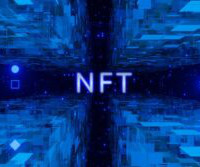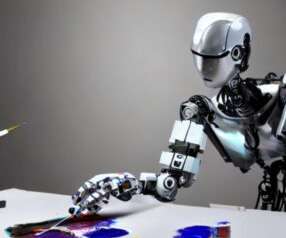NFTs: promisingly transformational, yet fraught with IP pitfalls – Part I
Kluwer Copyright Blog
JUNE 19, 2023
However, de facto they merely owned proof of ownership without any proprietary value, as all copyright and any related rights were retained and not granted upon purchase. For instance, CrypToadz is a prominent CC0 NFT project wherein the artwork related to the NFT is in the public domain.












Let's personalize your content